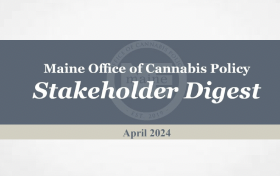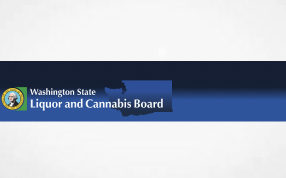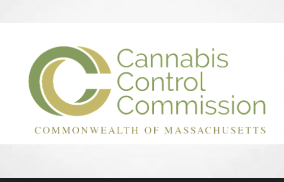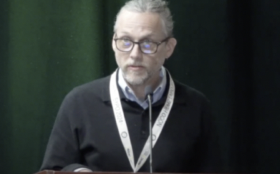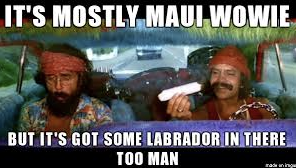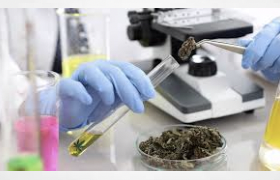MARGOLIN & LAWRENCE – FEBRUARY 21, 2018
Since mid-December, California has been issuing temporary state licenses to cultivators, manufacturers, retailers, distributors, microbusinesses, testing laboratories, and event organizers operating in the commercial cannabis market. These temporary licenses became effective as of January 1, 2018, and are currently being reviewed and approved by the Bureau of Cannabis Control (BCC) and the California Department of Food and Agriculture (CDFA) per the Business and Professions Code, section 26050.1. As of today, over 2,500 temporary state licenses have been issued.
So what is this license and why do you need it?
The temporary license is a conditional license that allows cannabusinesses to engage in commercial cannabis operations in the state of California for 120 days (about 4 months). The license is only available to applicants that have first obtained a local license, and allows cannabusinesses to operate before receiving their full state license. Within this 120 day period, the temporary licensee must apply for the state license. However, if the state license isn’t received by the end of that four-month period, California may grant extensions of 90-days to the temporary license as necessary. According to Lori Ajax, Chief of the BCC, California will routinely extend the licenses if the failure to obtain a state license is no fault of the licensee. “If it’s on us,” she says, “we will continue to give extensions so you can keep operating.”
What is required for the temporary license? Besides obtaining a local license, the temporary license application requires a number of additional pieces of information from the applicant, including:
- Applicant & Business Information: Physical address of the premises and name of the applicant(s) or business entity requesting the license, including the primary contact information of the applicant(s)
- Owner information: The name, mailing address, and contact information for each “owner” of the business, as defined in Business and Professions Code §26001
- License information: Specification of the license types applied for (such as distribution, or microbusiness, for example)
- Operational Activities: product type and activity information
- Local Jurisdiction: Local jurisdiction contact information
- Local Authorization: Documentation of authorization to operate from the city/county in which the business premises are located, consisting of a copy of the valid license, permit or other authorization
- Property Authorization: Either documentation of title or deed to the property or a lease agreement (or other such authorization) from the landlord demonstrating a right to occupy the premises and engage in the applied-for commercial cannabis use
- Property Site Plan: A diagram of the physical layout of the property and business premises
The required information varies depending on the type of license a business is applying for. For example, the Manufactured Cannabis Safety Branch of the Department of Public Health processes temporary license applications for manufacturing, while the BCC processes the applications for distributors, microbusinesses, testing laboratories, and event organizers. For more information on the licensing process, check our guide to California cannabis laws.
If you have obtained your local license, or are close to receiving it and looking to obtain your temporary state license, contact our cannabis attorneys today!
